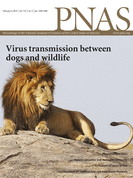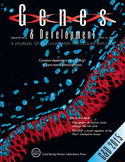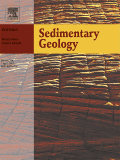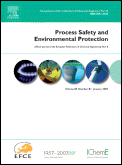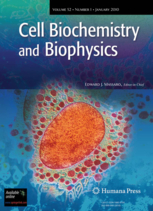 An education journal has yanked a 2014 article by a pair of scholars in Asia after discovering one had already published a “substantially similar” article.
An education journal has yanked a 2014 article by a pair of scholars in Asia after discovering one had already published a “substantially similar” article.
The article, “Dynamic nature of washback on individual learners: the role of possible selves” in Assessment & Evaluation in Higher Education, is about how taking a major English test influenced learning in Chinese undergraduate students. Author Ying Zhan is listed at Guangdong University of Foreign Studies, in mainland China; Zhi Hong Wan, at the Hong Kong Institute of Education.
Here’s the notice: Continue reading Retraction after education researcher tries to repeat a grade–er, paper
